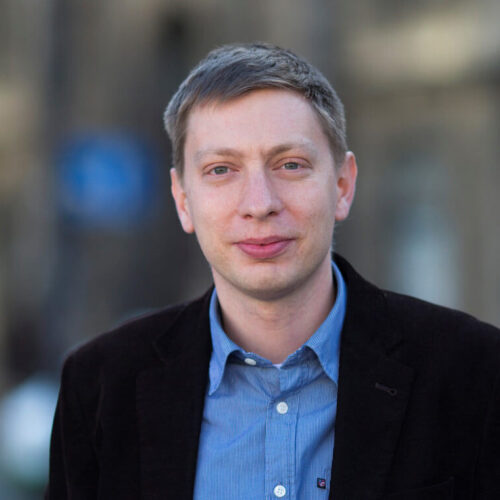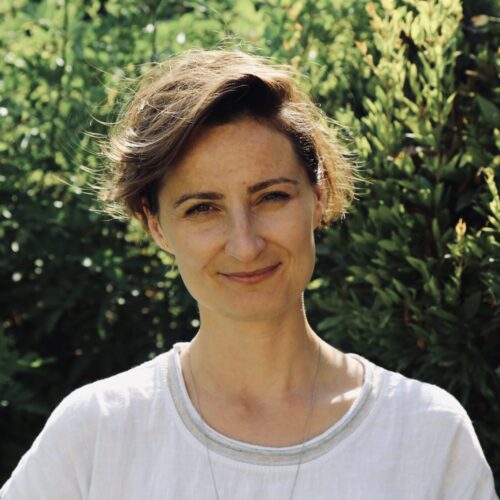
Program
Czwartek18.08.
Piątek19.08.
Sobota20.08.
Niedziela
Reclaiming breath and sight.
Racism and antisemitism
in Poland and Germany
This title is rooted in the experience of racism and anti-Semitism. Breath. ‘I can't breathe’ are the words of George Floyd, a black American murdered by white police officers. This is in the USA. Doesn't it apply to us? Maxwell Itoya, a black Polish Nigerian, was killed in 2010 during a police intervention. He lost his breath and his life. Don't call me ‘Negro’, a thing about Polish language and customs straight from the novel In Desert and Wilderness by Henryk Sienkiewicz. There is also the Polish-Belarusian border. Does systemic racism not apply to us?
Sight? We are sometimes affected by blindness. There is a connection between the effigy of a Jew burnt in the market square in Wrocław, the laws prohibiting the truth that we have also happend to be executioners, and what is going on at the Polish-Belarusian border. People are still dying there, and most of us are failing our maturity exam. Meanwhile, words about racist segregation are being removed from a plaque at Warsaw University recalling the 1937 ghetto benches.
The words ‘racism’ and ‘anti-Semitism’ are shielded by a suffocating, reluctant silence. It is time to regain both breath and sight. Offering knowledge, restoring matzevahs, being supported by literature - maybe this is the way to deal with racism and anti-Semitism around and within us. Maybe this is the way to bring down the walls that are real, the ones at the border, and those built in our hearts against our neighbours?
So what are racism and anti-Semitism in their essence? Race does not exist, but racism is real. Jewish Poles have mostly been exterminated, but anti-Semitism, its hiccups and recurrences are present. Is it only in Poland or also in Germany? What do the two phenomena have in common and what is different? How different are its manifestations and the way they are understood in Germany and Poland?
Germans seem to be aware. Through the memory of the crimes of the world wars, German society has been sensitised to their evils and dangers. But is this really the case? Is it possible to get rid of the virus of resentment, fear, the temptation to dehumanise the ‘other’ once and for all? And if so, how is it done? If not, what needs to be sensitised to counteract this? Do Germans have an equally strong awareness of their colonial past?
How can we talk about racism in Poland, a country of white people, which does not see the fate of the Romani, black Poles, Lemkos, Kashubians, Silesians and Tatars? Racism is not our problem, because we did not have colonies and slave markets, but is serfdom something else after all? Was it us who were attacked, was it us who had our freedom taken away? So how do we deal with our own prejudices? Do we associate them with anti-Semitism, with racism? How can the memory of the past - the one taken from the matzevahs restored by community activists - bring knowledge and sensitivity back into the urban space like people stoppers do?
What role (last but not least), revealing the heart of darkness rooted in and within us, does fiction play? Can it restore vision and thereby foster in us a disagreement with racism and anti-Semitism? How is this done in Germany? How is it done in Poland? For we need individual and systemic dissent. And this individual dissent must reach a critical mass in order to oppose the systemic dissent as it pushes forward and persists.
The discussion will be attended by Prof. Michał Bilewicz from the Centre for Research on Prejudice at the Faculty of Psychology of the University of Warsaw, Agnieszka Jabłońska from the Urban Memory Foundation in Wrocław and Prof. Andreas Zick, Director of the Institute for Interdisciplinary Research on Conflict and Violence at Universität Bielefeld, and the meeting will be hosted by Monika Płatek, lawyer and lecturer at the University of Warsaw.








